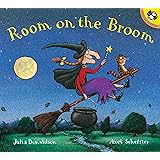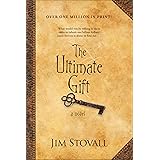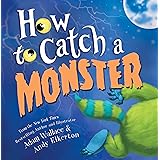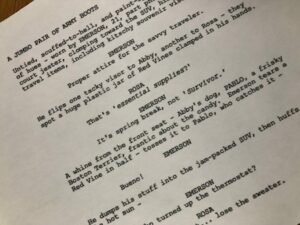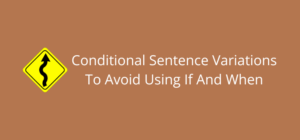The 4 Shocking Rules I Defied When I Quit Writing for Others—And What Happened Next
A recovering people pleaser on the cost of always trying to be useful.
I’ve been in therapy since I was twelve. I sat in Al-Anon meetings in church basements while grown women looked at me with sad eyes and said, “I wish I’d found this at your age.” I didn’t know what to say. I was twelve, and hurting, and tired of holding things together. But I nodded and listened. I learned to be wise because people praised me for it.
Now, decades later, I still feel like that same girl in a folding chair when people come to me for advice. In the middle of a recent mental health crisis, I’ve been told, lovingly, “If you go down, what hope do the rest of us have?” And I know what they mean. But let me tell you: that kind of hope is heavy.
I became someone people turned to — for insight, for calm, for perspective. And I tried to offer that, in conversation and on the page. I shaped my writing the way I shaped myself: to be useful.
But usefulness is a slippery trap. It sounds noble, but it can also become a mask. A way of earning love by staying digestible.
At some point, I realized that I wasn’t writing for myself anymore. I was writing for who other people needed me to be. Trying to be useful all the time came at a price. I didn’t just lose time, I lost clarity. I lost connection with my own voice. I forgot how to write without asking, Who is this for? Will this land gently enough?
So I started breaking the rules I’d built my voice around. Here are 4:
1. Write to serve your reader
This sounds like great advice when you’re building an audience. But it’s an unsustainable shortcut. And if you’re someone who’s been trained to read the room, to anticipate needs, to soften your truth for someone else’s comfort then writing for your reader becomes just another way to disappear.
I still believe in generosity on the page, but not at the cost of honesty. Some days, I don’t want to teach, or soothe, or inspire. I just want to tell the truth.

